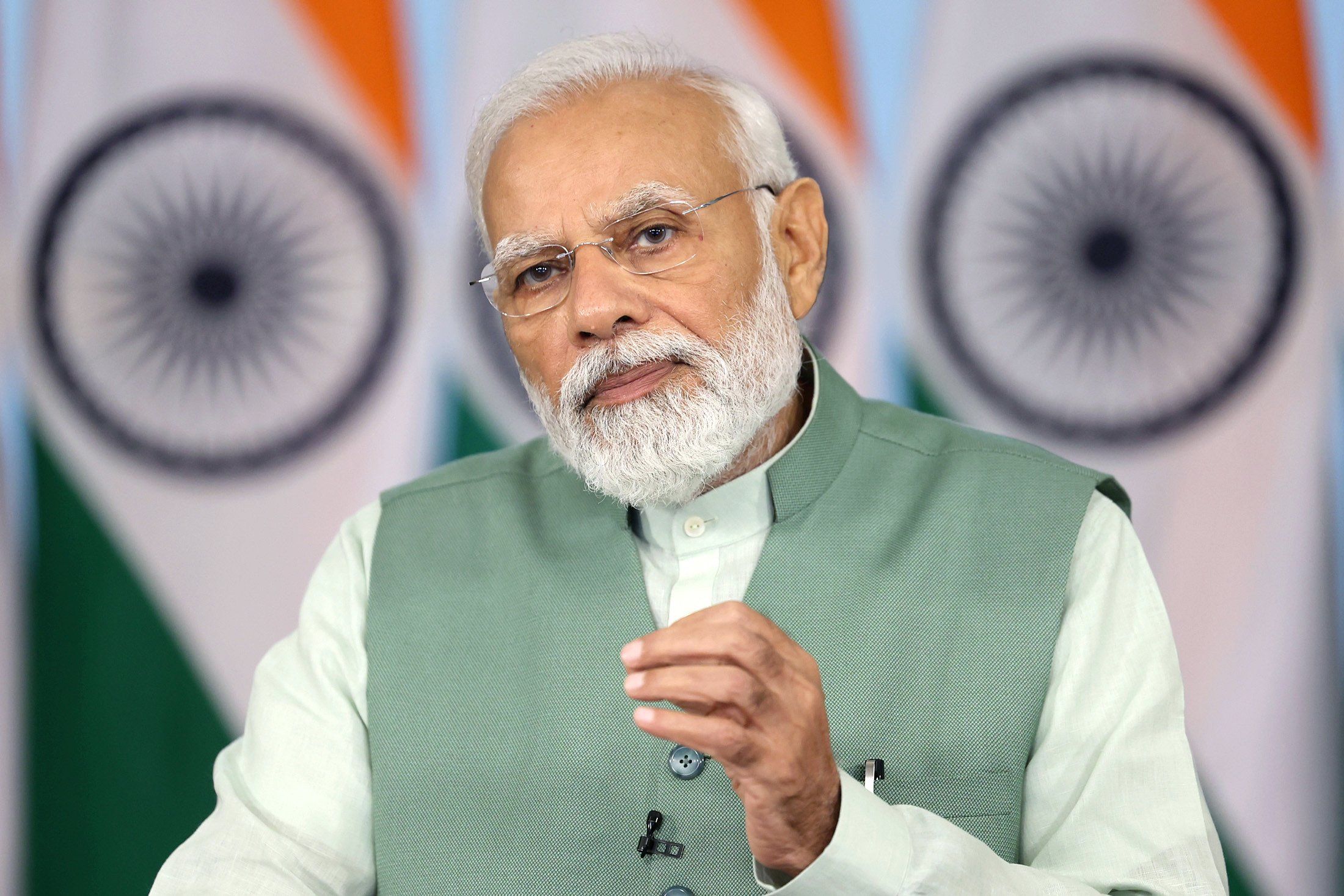Well, this weekend is the moment Indian PM Narendra Modi has been waiting for, with world leaders set to gather for the G20 Summit in New Delhi.
For Modi, it’s a big chance to show the world that India is a rising and responsible power that can broker solutions to multilateral challenges — climate change, food security, inflation — while advocating, in particular, for the interests of the so-called “Global South” (an imperfect catchall for pretty much anything outside of Europe, the US, and Japan).
Modi’s mission. One of his main goals is to hammer out a plan in which rich countries and multilateral lenders make more capital available to developing countries that need it to finance green energy transitions and cope with the ravages of climate change.
But can he herd these cats? This year’s G20 has been fractious, with disagreements over how to describe the Ukraine war scuttling progress in other areas. So far, not a single G20 meeting has produced a joint communiqué.
Chinese President Xi Jinping's decision to skip the event also looms large. It was seen as a snub to New Delhi amid worsening China-India relations, but Modi will certainly want to show that he can shine for the Global South without sharing the spotlight with Beijing.
Meanwhile, US President Joe Biden is showing up with his own agenda, looking to convince the Global South that US-led financial institutions are better financial partners for economic development than Beijing. China’s deepening economic woes, and Xi's absence, may help Biden out.
The upshot: Modi in the middle. India's PM will have to work hard to broker consensus at a particularly divisive time. If this weekend’s meeting of leaders fails to issue a joint communiqué, it would be a G20 first — but certainly not one Modi will want to be remembered for.